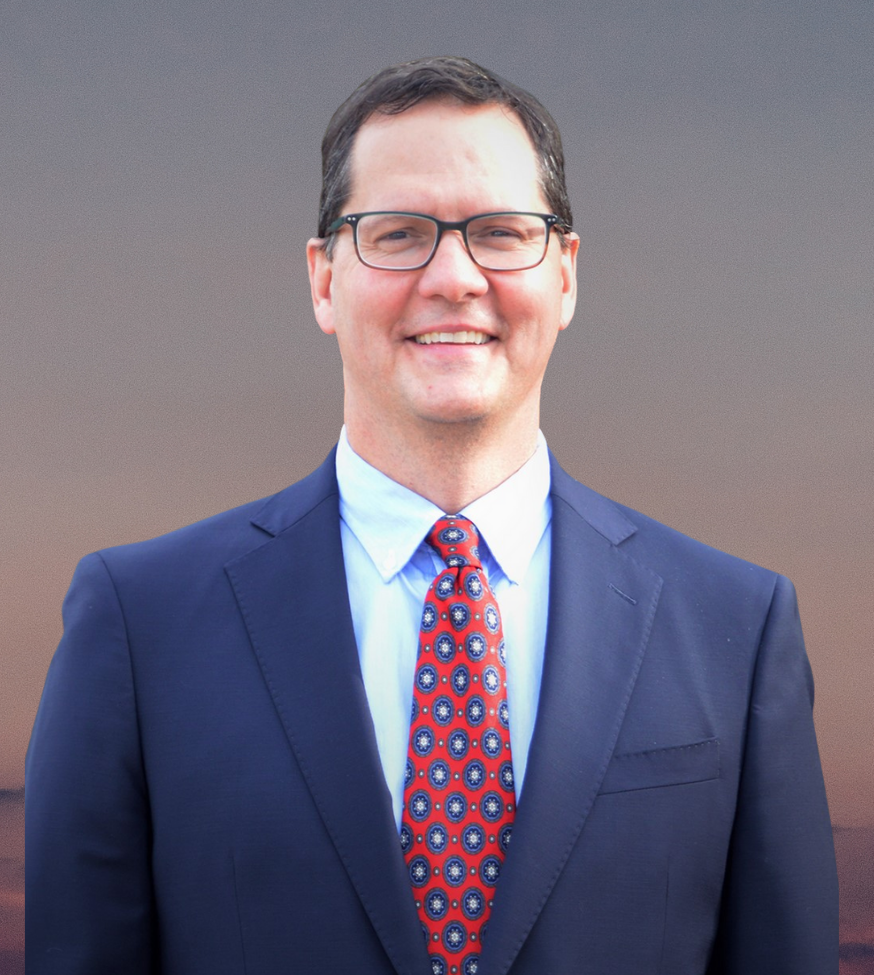A personal injury is an injury to a person as opposed to property. It is when a person has suffered an injury, and another person is legally responsible for that injury. There are several ways that a person can suffer a personal injury.
From an Accident – such as a car wreck or truck accident, an ATV or motorcycle accident, a slip and fall, or medical negligence.
An Intentional Act – This is when someone harms another person on purpose. For example, deliberately punching another person in the face that results in a broken nose is an intentional tort, or injury. Other types of intentional torts include defamation and false imprisonment.
A Defective Product – This type of injury may not be caused by someone’s negligence or intentional act, but instead, may be due to a defect in a product that a manufacturer or company reasonably should have foreseen or known about.
Types of Damages
Once it’s been determined that a person was harmed due to the actions of someone else, the injured person may be entitled to compensation for their injuries. There are generally three types of damages that are considered when calculating how much money a person may recover for their injuries.
- Economic Damages – This is a quantifiable number. It’s the amount of money you lost because of the injury. It may include medical bills and lost income, both present, and future, as well as property damage, rehabilitation needs, and any additional services you may require because of your injury.
- Non-economic Damages – These are generally called pain & suffering. It includes such injury as physical and emotional pain, humiliation, worsening of prior injuries, and loss of enjoyment of activities.
- Punitive Damages – This is money awarded to the plaintiff (the injured party) as a way of punishing the defendant (the person or company who caused the injury). It is also meant to keep the defendant from committing any further negligent acts.
Personal Injury Basics
After a personal injury lawyer is hired, the lawyer will investigate the claim to determine damages and calculate how much a claim is worth. It may consist of, but is not limited to, such events as reconstructing accidents, hiring experts, interviewing witnesses, etc. This can be a very lengthy process. It’s important to remember that each personal injury case is different, which is why it’s difficult for a lawyer to advise upfront exactly how much a case is worth and how long it will take to complete. After the investigation phase, and usually after all current medical treatment is completed, the lawyer, in agreement with the client, will demand an amount of money and try to settle the case. If the case doesn’t settle, then it will likely go to court for a jury trial.
The big concern about all this activity is that the clock is ticking every day. There are many time limits that apply to personal injury cases. These include Statutes of Limitation, Ante Litem notice periods, insurance notification deadlines, and others. Failure to meet all deadlines can be harmful or fatal to a personal injury case.


